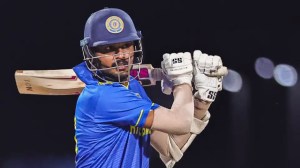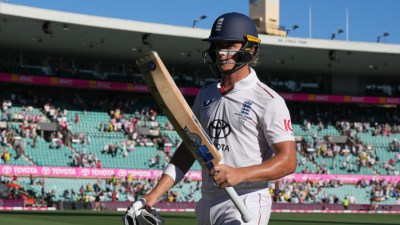Nirbhay Thakur is a Senior Correspondent with The Indian Express who primarily covers district courts in Delhi and has reported on the trials of many high-profile cases since 2023. Professional Background Education: Nirbhay is an economics graduate from Delhi University. Beats: His reporting spans the trial courts, and he occasionally interviews ambassadors and has a keen interest in doing data stories. Specializations: He has a specific interest in data stories related to courts. Core Strength: Nirbhay is known for tracking long-running legal sagas and providing meticulous updates on high-profile criminal trials. Recent notable articles In 2025, he has written long form articles and two investigations. Along with breaking many court stories, he has also done various exclusive stories. 1) A long form on Surender Koli, accused in the Nithari serial killings of 2006. He was acquitted after spending 2 decades in jail. was a branded man. Deemed the “cannibal" who allegedly lured children to his employer’s house in Noida, murdered them, and “ate their flesh” – his actions cited were cited as evidence of human depravity at its worst. However, the SC acquitted him finding various lapses in the investigation. The Indian Express spoke to his lawyers and traced the 2 decades journey. 2) For decades, the Jawaharlal Nehru University (JNU) has been at the forefront of the Government’s national rankings, placed at No. 2 over the past two years alone. It has also been the crucible of campus activism, its protests often spilling into national debates, its student leaders going on to become the faces and voices of political parties of all hues and thoughts. The Indian Express looked at all court cases spanning over two decades and did an investigation. 3) Investigation on the 700 Delhi riots cases. The Indian Express found that in 17 of 93 acquittals (which amounted to 85% of the decided cases) in Delhi riots cases, courts red-flag ‘fabricated’ evidence and pulled up the police. Signature Style Nirbhay’s writing is characterized by its procedural depth. He excels at summarizing 400-page chargesheets and complex court orders into digestible news for the general public. X (Twitter): @Nirbhaya99 ... Read More
Stay updated with the latest - Click here to follow us on Instagram









